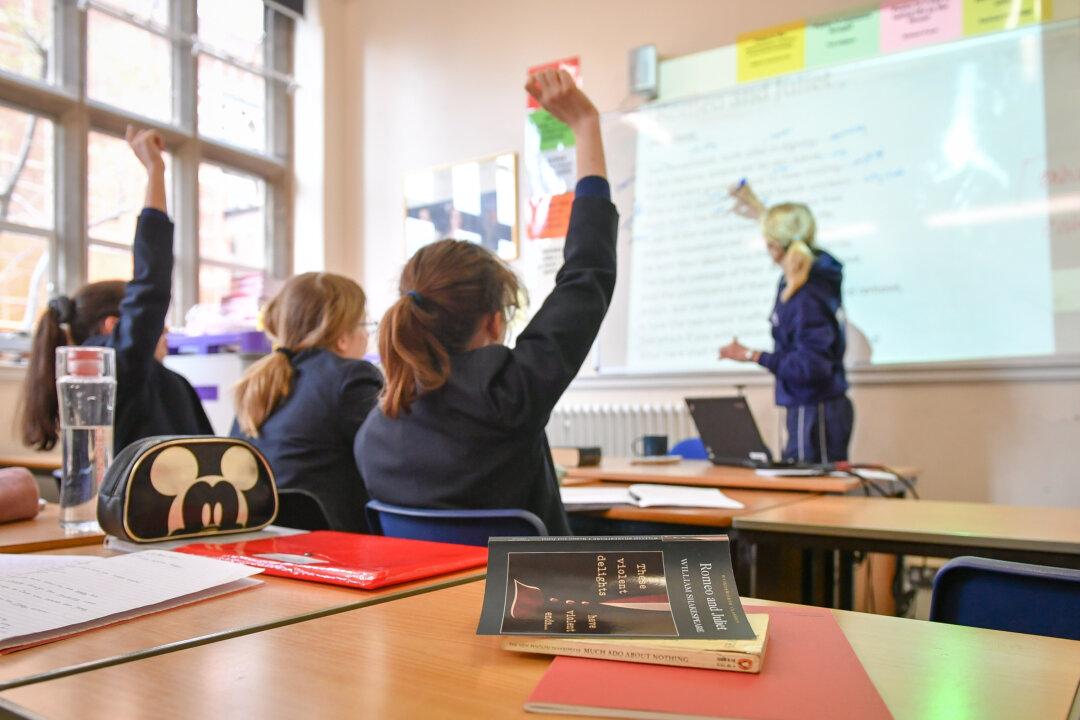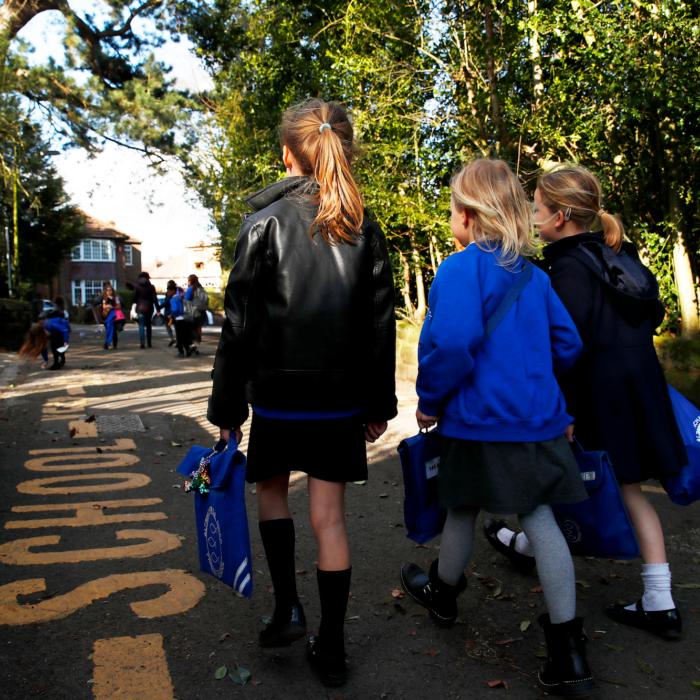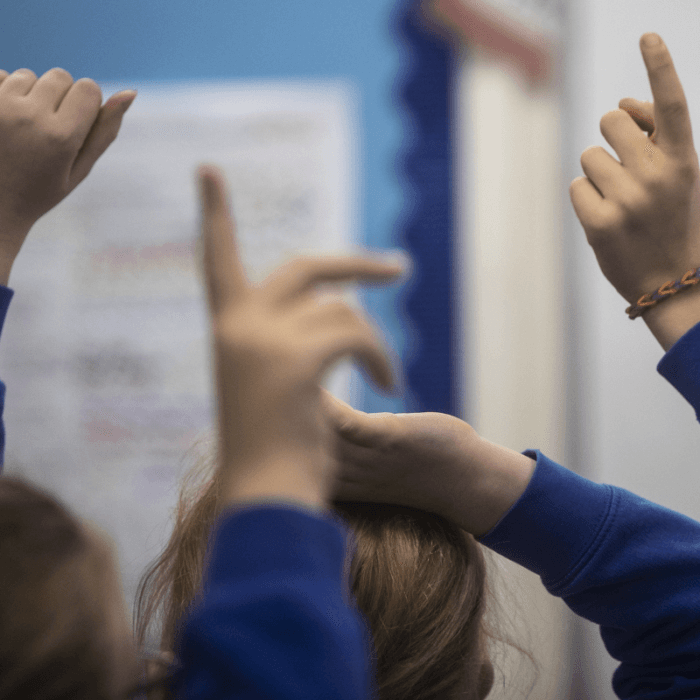Introducing VAT on private school fees mid-way through the academic year is “deliberately destructive” and undermines the government’s aims to improve education for all children, the head of a private schools association has said.
Dominic Norrish of the Independent Association of Prep Schools (IAPS) said bringing in the policy in January will put administrative and budgetary pressures on schools, force parents to find state placements for their children, and cause the closure of some smaller, less wealthy independent schools.
Labour pledged during the election campaign that it would end tax exemptions for private schools, putting the money into the state sector to pay for more teachers, 3,000 new nurseries, and mental health support inside of every school, among other policies.
‘No Compelling Logic’ for Timeline
Educators had assumed the changes would take place at the start of a new school year—September 2025—giving parents and schools more time to prepare. But since the announcement in July that the change would only be months away, there have been warnings of the disruption this abrupt deadline could bring.Norrish, whose association represents headteachers from of 600 independent schools in the UK, said that there was “no compelling logic” for introducing fees in January 2025, calling it an arbitrary date chosen because of its proximity.
The IAPS chief said that this mid-year change would create considerable administrative burden for schools, most of which he said do not have the staff with experience of handling VAT.
School Closures
Norrish said that since the announcement of the January start, “some schools have already concluded that they must now close.”He added: “To suggest that this would have happened anyway and is a result of their own historic price rises is highly disingenuous ... It can take only a handful of families to withdraw their children to make a small independent school unviable, and most are in this category,”
Likening VAT to the proverbial straw that broke the camel’s back, the IAPS chief director said that closures will now manifest “at scale” over the coming months, predicting a “mid-year influx of new pupils” to the state sector.
Norrish wrote: “The haste with which this change is being implemented will have the effect of worsening the impact on schools and children and is antithetical to the aims of the policy.
‘Parents Not Rich’
The warnings from the IAPS follow criticism of the government’s policy from Alistair Cooke, formally known as Lord Lexden, who told fellow peers that the changes would have “serious and far-reaching consequences“ for children and the sector.Cooke, president of the Independent Schools Association, said that smaller schools—including special, arts, and faith schools—will struggle to absorb the VAT themselves because “only a handful have the endowments or reserves that would enable them to pay it themselves.” And when those increases are passed on, parents will also struggle to pay them because “most independent school parents are not rich, let alone super-rich.”
Education Minister Baroness Smith of Malvern responded that ending the tax breaks is a “tough but necessary decision” needed to help drive up standards in statement schools, which the overwhelming majority of children attend.
The government says it expects the numbers of children changing schools to be minimal, adding there was “evidence to suggest that there are more than enough state school places for pupils who may move from a private school.”
“As of last year, 83% of primary schools had one or more unfilled places - the highest rate in a decade. This is reflected in secondary schools too, with 77% having one or more unfilled places,” the post said.







